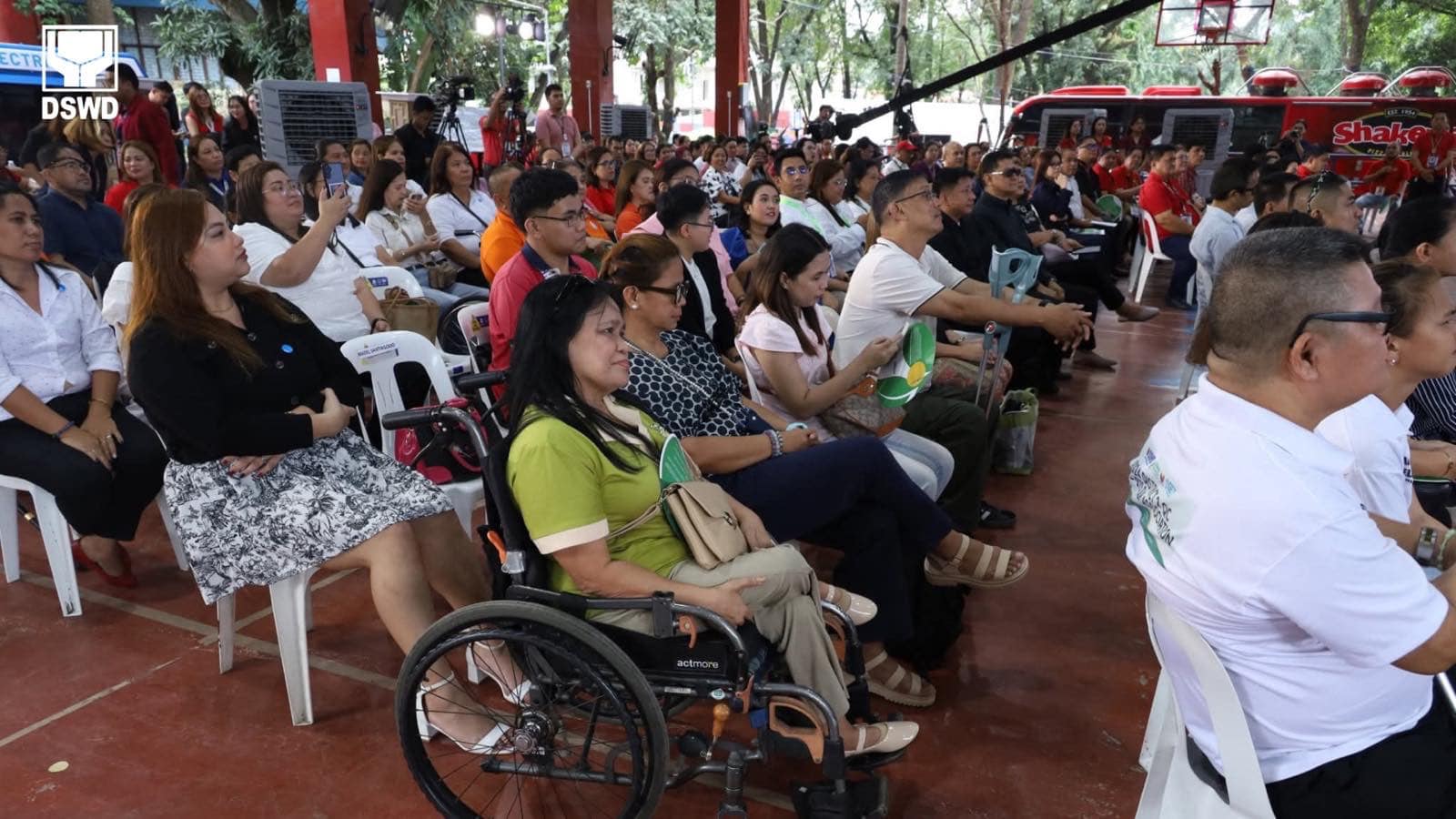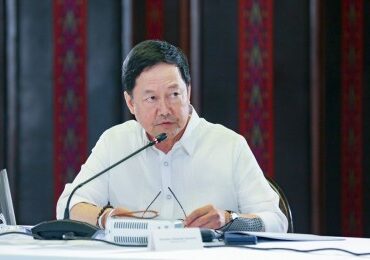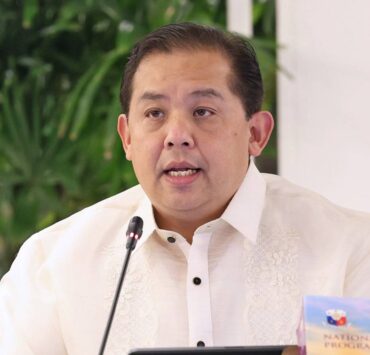DSWD gives e-vehicles to 20 PWD groups

The Department of Social Welfare and Development (DSWD) on Saturday said it has turned over one electronic vehicle each to 20 associations composed of persons with disabilities (PWDs) in order to provide them with livelihood opportunities.
The DSWD said in a statement that under its Persons with Disabilities-Electric Transportation Services (PWD-ETS) project, 20 Sustainable Livelihood Program Associations (SLPA) were provided with one electronic vehicle each during turnover ceremonies on Friday at the agency’s central office in Quezon City.
Social Welfare Secretary Rex Gatchalian, through a message delivered by Undersecretary Monina Josefina Romualdez, said that the project was in response to President Marcos’ directive urging the DSWD to provide opportunities for PWDs and “ensure that they will not be left behind in development.”
“The DSWD established the PWD-ETS project with the goal of addressing the needs of persons with disabilities when it comes to their livelihood and for them to have a modern transportation project,” Gatchalian said.
The project, which began in 2023, initially included only 10 SLPAs, before it was later expanded to include 10 more associations which came from the cities of Las Piñas, Manila, Caloocan, Pasay, Malabon, Mandaluyong, Pasig, San Juan, Muntinlupa and Quezon City.
Each of the associations were composed of 115 members, with a total of 2,300 PWDs set to benefit from the turnover.
Aside from the vehicles, the groups were also given capacity-building activities to ensure that they can manage their livelihood projects.
Leigh Ann Banayat, who is part of the Mandaluyong SLPA, expressed her gratitude to the DSWD for the program and encouraged her fellow PWDs “to strive hard as each has skills to contribute to the society.”
For Nilo delos Reyes, president of the Caloocan South SLPA, the project “gave PWDs an opportunity, including the parents of children with disabilities, to have a source of income and a chance to help others.”
Global Electric Transportation Inc., which was the chosen service provider for the electronic vehicles, said the project also addresses the obstacles faced by PWDs when it comes to transportation.

















